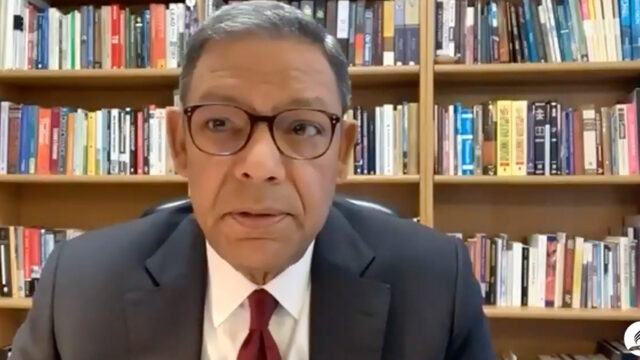Region affected has the largest number of church members in the country.

The torrential rains that ravaged entire municipalities in Spain on October 29, mainly in the Valencia community, caused extensive damage in areas where the Seventh-day Adventist Church and the Adventist Development and Relief Agency (ADRA) Spain and its volunteers have been deeply rooted for decades.
Valencia is one of the Spanish autonomous communities with a large number of Adventist members and is the location of Sagunto Adventist College. ADRA has an important volunteer body in the community that has seen, for the first time, how the crisis caused by this climate and humanitarian emergency has reached its own doorstep.
This situation has enabled ADRA Spain and its volunteers to work in the midst of the disaster since the day after the torrential floods. Currently, ADRA Spain has organized and manages one of the main logistics and supply points in Paiporta, one of the hardest-hit municipalities, distributing food, drinking water, and other essential items.
On November 1 and 2, more than 30 volunteers worked in shifts to receive and distribute supplies and other donations among the affected population. They also delivered essential items to those who, due to mobility issues, could not reach the ADRA distribution point in Paiporta in person. ADRA is supported by donations received from across Spain and collaboration with other non-government organizations (NGOs) including the Red Cross.
Paiporta has been one of the most severely affected areas, becoming what has been termed the “ground zero” of this catastrophe. Many streets are impassable due to the floods, and numerous fatalities have been reported, though exact figures are still unconfirmed as the search for missing and deceased people continues.
In addition to the distribution point in Paiporta, ADRA is also involved in cleaning efforts underway in the town of Aldaia. There, 70 volunteers from the ADRA Camp de Morvedre delegation are working in shifts to clear main communication routes and remove mud from streets, homes, and nursing homes. It is estimated that recovery efforts will take weeks or even months.
The torrential rains that affected Valencia and other regions of Spain have been one of the most devastating natural disasters in the country’s recent history. As of November 5, the death toll stands at 215, with more than 1,900 people missing. The heavy rains began on the afternoon of October 29, with some areas recording near 500 millimeters per square meter, leading to river and ravine overflows and flash floods. (To put it in perspective, to see 75 mm in a day is quite heavy, and an hourly rainfall rate of 75 mm would be torrential.)
“Our response capability has been very quick due to having volunteers in the affected area,” ADRA Spain director Olga Calonge said. “Within 24 hours of the emergency, as soon as the magnitude of the crisis was clear, we had volunteers mobilized living in Valencia and in the areas of Paiporta and Aldaia. We are considering the possibility of creating another logistics support point in the town of Catarroja and are in discussions with the City Council to activate this point in coordination with them as soon as possible,” she said.
The original version of this story was posted on the ADRA Europe news site.












